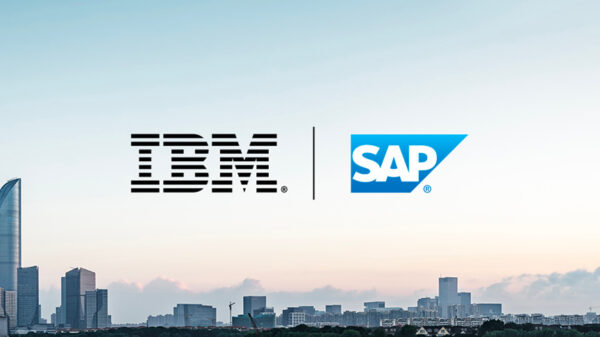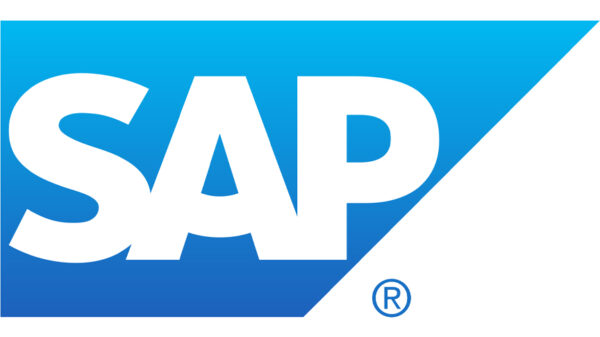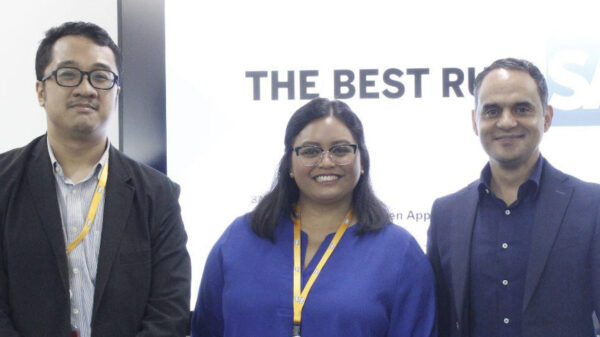By Ryan Poggi, Managing Director for SAP in the Philippines
An unprecedented convergence of technology and trends is changing the world, ushering in a digital transformation.
We’re faced with a shrinking planet – by around 2100, our global population will approximately reach 10 billion people. At the same time, we will be confronted with increasingly scarce resources such as water and oil. In order to even have a future, we’ll also need to address and resolve other environmental issues.
Next, we are also dealing with an evolution of the human population. A significant proportion of adults grew up without a computer. In comparison, the current generation is made up of digital natives, having being introduced to smart devices and laptops at an early age. The distinct nature of our respective development has significant implications on how we interact with people as well as devices. To illustrate this point, let’s use the concept of attention span as an example. The average Millennial’s attention span is less than two minutes, which means they are already anticipating a distraction when they start on an activity. That naturally has a knock-on effect on the workforce of the future. As customers, digital natives are also demanding because they are used to products that are designed for them as individuals; it naturally becomes an expectation.
Finally, we’re seeing a suite of smarter products. Today we can put microchips on almost everything. This includes not only cars and homes, but also small devices. Smart products are increasingly integrated into a part of our daily lives. In no time, we will have products that communicate not only with us but among themselves.
Hyperconnectivity: Impacting how we move into the future
With everything being connected, we will be collecting a great amount of data. The implications are enormous. For now, we have something in our hands that allows us to transform the way we’ve done things in the past and move into the future. That sheer volume of data — along with the insight it affords — will give rise to a “me” economy, in which we can have a much better understanding of what our customers want, what their desires are, and how we can respond to them by transforming our business processes and to some extent, our business models.
The digital transformation begins with the customer
The fact is that 78% of business leaders see the digital transformation as being core to what they need to do over the next two years. A significant 93% of employees of these companies also believe that we must start now. It is key that digital transformation always starts with the customer. We must change the way we service our customers so that ultimately what they gain from us is an experience of using our products rather than merely purchasing products. If we can achieve that, our interaction experience with customers will be very different.

The current generation is made up of digital natives, having being introduced to smart devices and laptops at an early age. PHOTO PROVIDED BY SAP
At the same time, we must look into our own value chains and reflect on how we develop, produce, supply and service products. We should also look into our workforce to make sure that we hire, develop, and retain talent in a very different way than we have in the past.
The digital transformation required inside: Preparing for “batch size of one”
To respond to customers’ needs, it’s critical to prepare for a “batch size of one.” To create and produce customized products, companies must reassess production and product development processes. Consider how products become smart – as an organization, what insights do you need to learn about customers’ buying behaviour journey and how they use your products?
Embarking on the journey
Business transformation requires a complete rethinking of current operational processes. That is not easy but a proven methodology can mitigate risks and impact outcomes significantly. The selected methodology should help drive digital transformation decisions that aligns with the company’s vision, benchmarks the different business processes, prioritizes potential innovations in terms of feasibility and value generation, and subsequently develops a transformational roadmap for the business.
It is important to understand that transformation is not achieved in a day. To succeed, start small and fast, and then advance step-by-step.
Ryan Poggi is the Managing Director for SAP in the Philippines. Ryan passionately believes in leveraging SAP’s vast capabilities to help the world run better and improve the lives of everybody by helping companies transform themselves for the digitally connected economy of tomorrow.


















































































































